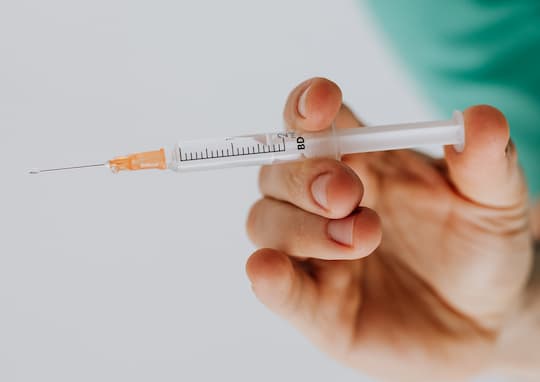If it works so well, why do so few people do it?
Over 80 percent of people experiencing depression say exercise improves their mood and anxiety most of the time.
Yet only around one-third actually reach the recommended exercise levels of at least 150 minutes per week.
Unfortunately, around half of people find that low mood makes it difficult to get motivated to exercise.
Dr Carol Janney, who led the study, said:
“Physical activity has been shown to be effective in alleviating mild to moderate depression and anxiety.
Current physical activity guidelines advise at least 30 minutes, five days a week to promote mental and physical health, yet many of those surveyed weren’t meeting these recommendations.”
Exercise not emphasised
The survey of 295 people receiving treatment at a mental health clinic found that over half were open to paying more for a personal trainer.
Many said exercise was not emphasised by their physician as a treatment for depression.
Professor Marcia Valenstein, study co-author, said:
“This is a missed opportunity.
If we can make it easier for both therapists and their patients to have easier access to physical activity services, then we are likely to help more patients reduce their depression and anxiety.”
Few people with depression are given a comprehensive exercise plan by their health provider.
Dr Janney said:
“Offering physical activity programs inside the mental health clinics may be one of many patient-centered approaches that can improve the mental and physical health of patients.
Mental health treatment programs need to partner with fitness programs to support their patients’ willingness to exercise more.
This support might come from integrating personal trainers into mental health clinics or having strong partnerships with the YMCA or other community recreational facilities.”
Dr Janney continued:
“Mental health providers such as psychiatrists and therapists may not have the necessary training to prescribe physical activity as part of their mental health practice.
But by teaming up with certified personal trainers or other exercise programs, it may help them prescribe or offer more recommendations for physical activity in the clinic setting.”
The study was published in the journal General Hospital Psychiatry (Janney et al., 2017).










